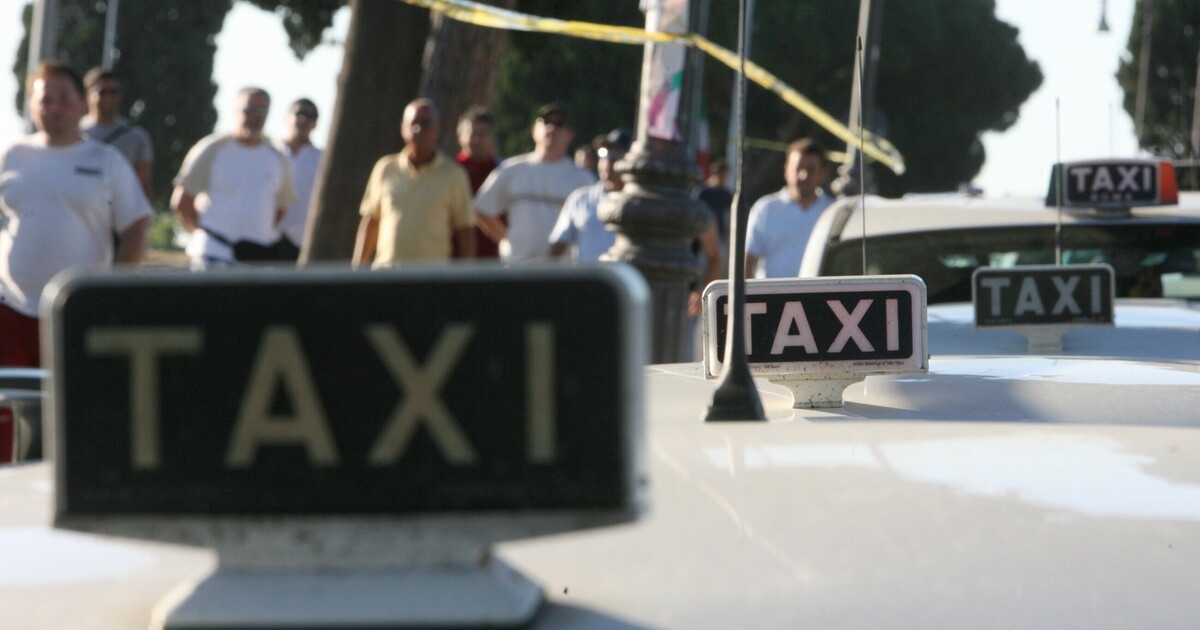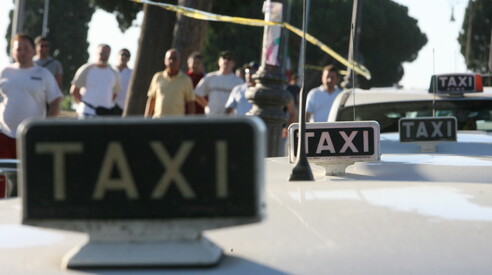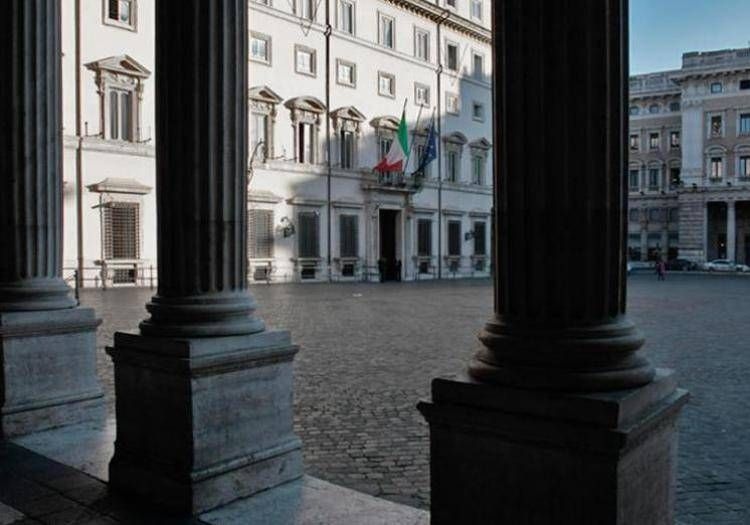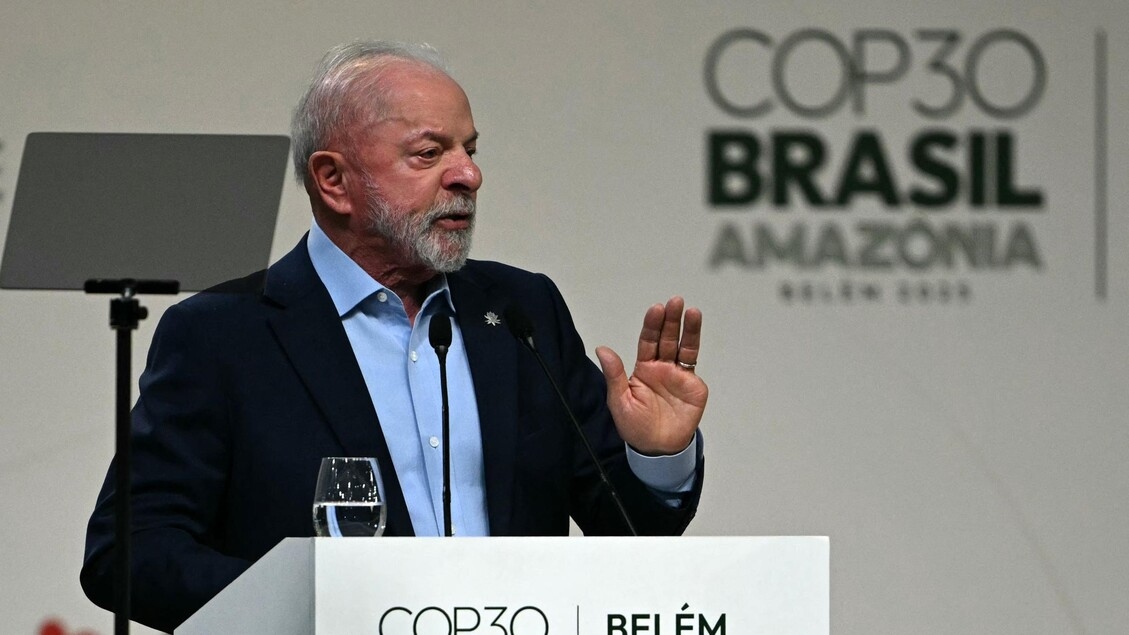There are still few taxis in Italy


Photo: Ansa.
The Data
Two years after Minister Urso's Asset decree, new licenses in Rome, Naples, Milan, and Bologna are few. None of the major cities has taken advantage of the 20 percent license increase cap already in effect.
On the same topic:
The Constitutional Court ultimately ruled in favor of the Calabria region and its president, Roberto Occhiuto (FI), upholding the appeal against the decree on NCCs filed by Minister of Transport Matteo Salvini (Lega). According to the Constitutional Court , the matter falls under regional jurisdiction and the state had imposed disproportionate rules favoring taxis. "A well-deserved liberal battle," said the governor. "Luckily Occhiuto took care of it: when it comes to competition, the government has managed to beat itself up," Matteo Hallissey , president of +Europa, told Il Foglio.
The urban transport crisis, however, persists, and citizens are protesting ever-increasing wait times. "The number of licenses is insufficient because demand is very high and the supply of non-scheduled transport is inadequate," Andrea Giuricin , an economist at the University of Milan-Bicocca, summarizes in Il Foglio. The 2023 Asset decree, promoted by Business Minister Adolfo Urso, aimed to increase the taxi fleet by authorizing municipalities to hold special competitions for up to 20 percent more licenses than had already been issued. The political compromise, however, was to award taxi drivers 100 percent of the revenue (the 2006 Bersani law requires a minimum of 80 percent): for Rome Mayor Roberto Gualtieri, the decree was "poorly drafted and unusable."
"There's nothing structural about the Asset decree; it was just a temporary measure," Hallissey comments. "There's no magic bullet for the number of licenses required, but compared to other countries— Madrid has 16,000 taxis plus 9,000 NCCs (Uber, Bolt) —our service is totally inadequate, because the law governing the sector dates back to 1992 and has never been comprehensively reformed." Giuricin agrees: "In Lombardy, with 10 million inhabitants, there are just over 6,000 licenses and approximately 1,000 NCCs. In the Paris region, with 8.2 million inhabitants, there are 19,000 taxis and nearly 40,000 NCCs." In 2024, the Italian Competition Authority, without providing a precise number, had clearly expressed the need to increase the number of taxis and increase shift flexibility. The Antitrust had urged that licenses be adjusted to demand, even "pushing the increase beyond the 20 percent ceiling set as an extraordinary measure in the Asset decree."
But what has happened in these two years in Italy's major cities? Consider Rome, Milan, Bologna, and Naples. In 2024, the capital boasted approximately 7,800 taxi licenses. The Capitoline Hill then put out to tender 1,000 permits. Approximately 2,000 were eligible, and today 830 permits have been issued, with the first certified emails sent to cover the remaining 170. The revenue, following the Bersani plan of 2006 and not Urso's, has allowed the municipality to set aside €14 million for service improvements. Side note: Rome's taxi drivers will receive €60 million, approximately €5,000 each, a significant boost considering the average declared income of a Roman taxi driver is approximately €16,000.
Milan, with approximately 5,000 licenses in 2024, has remained bogged down in technical details: regional and municipal bureaucracies have been slapping accusations back and forth without getting to the point. Milan had requested 1,000 new licenses, choosing the procedures set out in the Asset decree. The latest call for applications calls for the issuance of 450 new licenses : 300 ordinary and 150 special. As of mid-September, however, only 269 have been activated. Among the many problems, one stands out above all: vehicles suitable for transporting disabled people . The vans with low platforms (in accordance with the Milan tender) are not available in electric versions; they cost too much or require interminable waiting times. Diesel and gasoline versions, on the other hand, risk violating the emission limits set by the Asset decree.
Bologna is the city of the famous revolutionary taxi driver "Red Sox," the man who publishes his earnings on X. In the Emilian capital , 72 licenses were put up for tender, out of just over 700 taxis in operation. Sixty-eight qualified, but only 42 licenses were issued, four of which were for special vehicles. To give the government a breathing space, a four-month extension was granted. A step-by-step, ant-like management. So, the 20 percent target was not reached here either.
Finally, there's Naples, where everything has remained unchanged: just over 2,300 licenses. No new licenses in 2025, just changes to shifts and a package of measures under consideration to improve service. " Everything is at a standstill, no further information," confirms the municipal press office.
The reopening promised by the Asset decree, after more than two years, is proceeding at a slow pace, while some are still stuck at the start.
ilmanifesto





